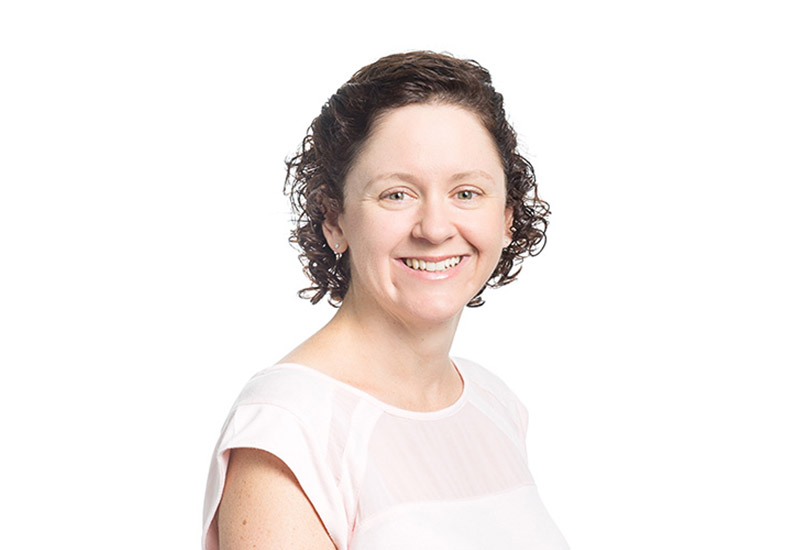Qualified audit reports tipped to rise for SMSFs this year
With SMSF auditors likely to qualify their audit report for a greater number of funds this year, an SMSF services provider has offered guidance on what practitioners and clients should do in this situation.
In an online blog, Heffron head of SMSF technical and education services Lyn Formica said that following a number of recent court decisions where auditors have been found liable for investment losses due to the non-recoverability of those investments, it may be more common for auditors to qualify Part A of their audit report this year.
They are particularly likely to do this, she said, where the fund’s assets extend beyond the typical cash at bank, term deposits, listed shares, managed funds and real property, in the hope of protecting themselves from future litigation.
Ms Formica reminded SMSF practitioners that Part A of the audit report covers the financial audit and requires the auditor to form an opinion whether, in all material respects, the fund’s financial statements fairly present the financial position of the fund and the results of its operations for the year.
In conducting the financial audit, the auditor will seek to obtain sufficient and appropriate evidence that the assets and liabilities of the fund exist and are clearly owned by the fund, are appropriately valued in the financial statements, are appropriately classified and that no material assets or liabilities have been excluded.
“Where an auditor does not feel that the fund’s financial statements fairly represent the financial position of the fund, [they] will issue a Part A audit qualification,” she explained.
“Part A qualifications are often issued in situations where the auditor is unable to accurately determine the existence of a fund asset without physically inspecting the asset or the value and recoverability of a fund asset without formally valuing the asset or auditing the entity in which the fund has invested such as shares in unlisted companies, units in private unit trusts and unsecured loans.”
If the fund receives a Part A qualification, there is no need to panic, she assured, as it is not reportable to the ATO and generally no immediate action is required.
“However, it is important that you make sure you understand the reason for the qualification, and make your own assessment of the continued appropriateness of the fund’s investments,” Ms Formica said.
Where the fund receives a qualification for Part B of the audit report, this is more serious as it must be reported to the ATO on the fund’s SMSF annual return, and the auditor may also have lodged an auditor contravention report with the ATO, she cautioned.
“Part B of the audit report covers the compliance audit and requires the auditor to form an opinion whether, in all material respects, the trustee has complied with particular provisions of the Superannuation Industry (Supervision) Act and Regulations,” she said.
“Where an auditor believes the trustees have materially breached one of these reportable provisions, they will issue a Part B audit qualification.”
Failing to comply with the Superannuation Industry (Supervision) Act and Regulations can result in the fund being found non-complying and losing its concessional tax treatment, she warned. Trustees can also be fined or even imprisoned.
“However, the commissioner is able to exercise its discretion and overlook breaches where trustees have inadvertently broken the rules, the breaches have been rectified and steps have been put in place to make sure they do not happen again,” she said.
“For this reason, if you receive a Part B qualification for your fund, it is important that you make sure you understand the reason for the qualification, if not already remedied, immediately take action to remedy that breach, and make sure you understand the rules so that breaches of this nature do not reoccur in the future.”

Miranda Brownlee
Miranda Brownlee is the deputy editor of SMSF Adviser, which is the leading source of news, strategy and educational content for professionals working in the SMSF sector.
Since joining the team in 2014, Miranda has been responsible for breaking some of the biggest superannuation stories in Australia, and has reported extensively on technical strategy and legislative updates.
Miranda also has broad business and financial services reporting experience, having written for titles including Investor Daily, ifa and Accountants Daily.








